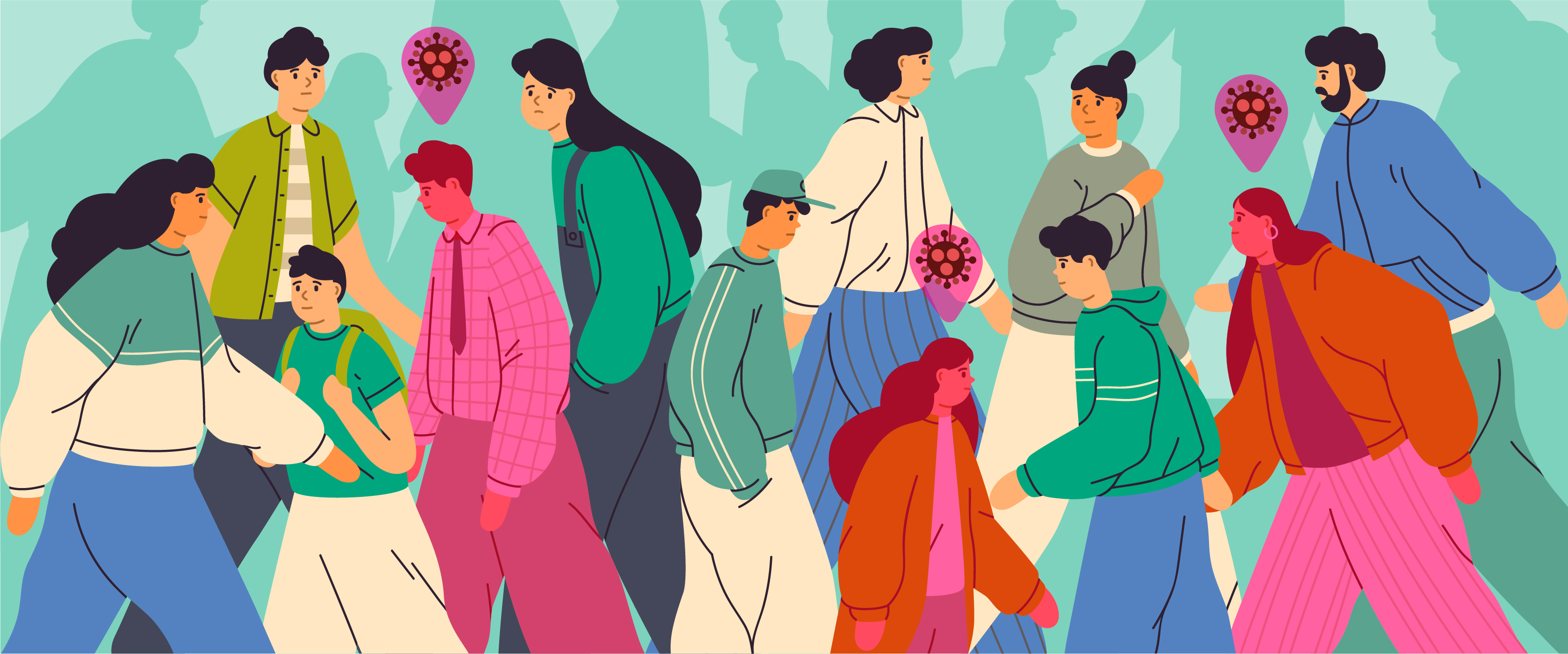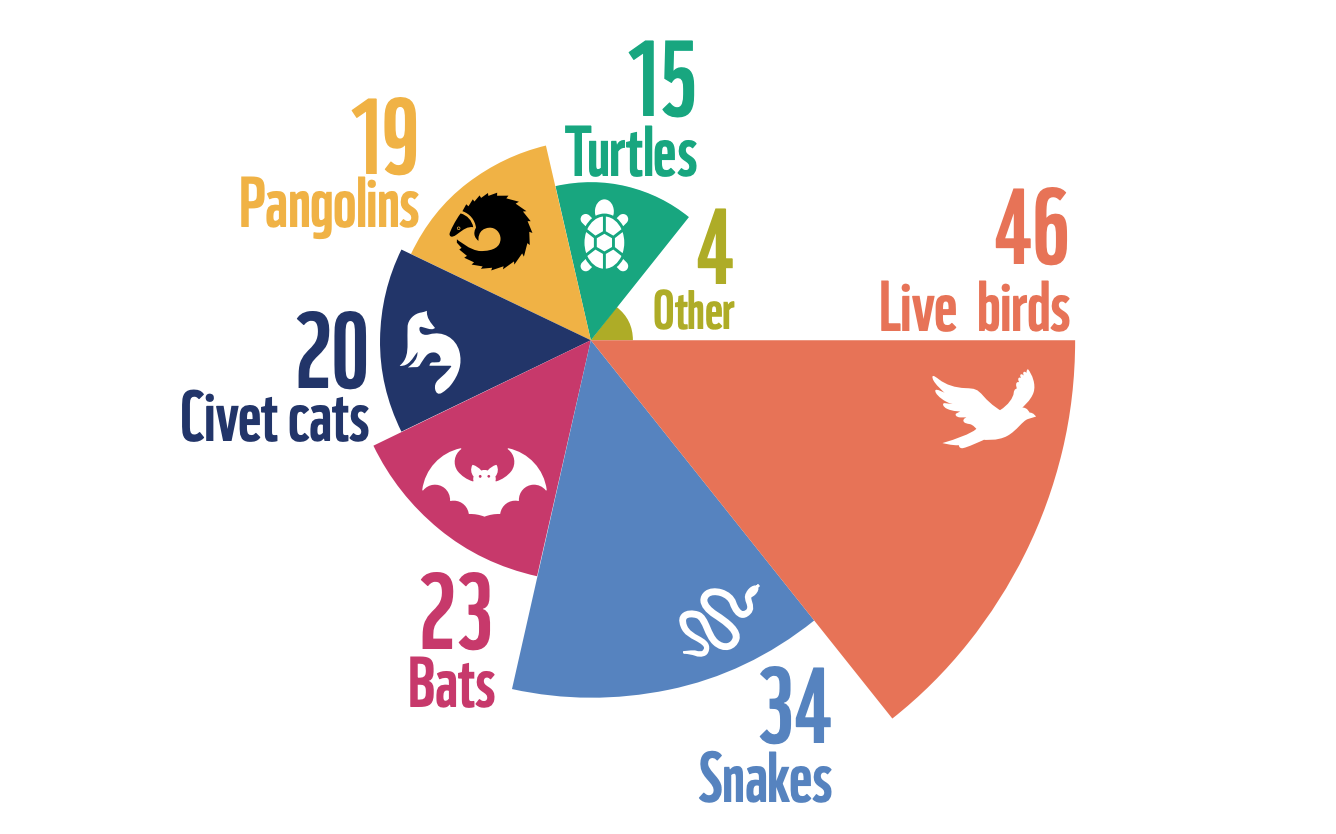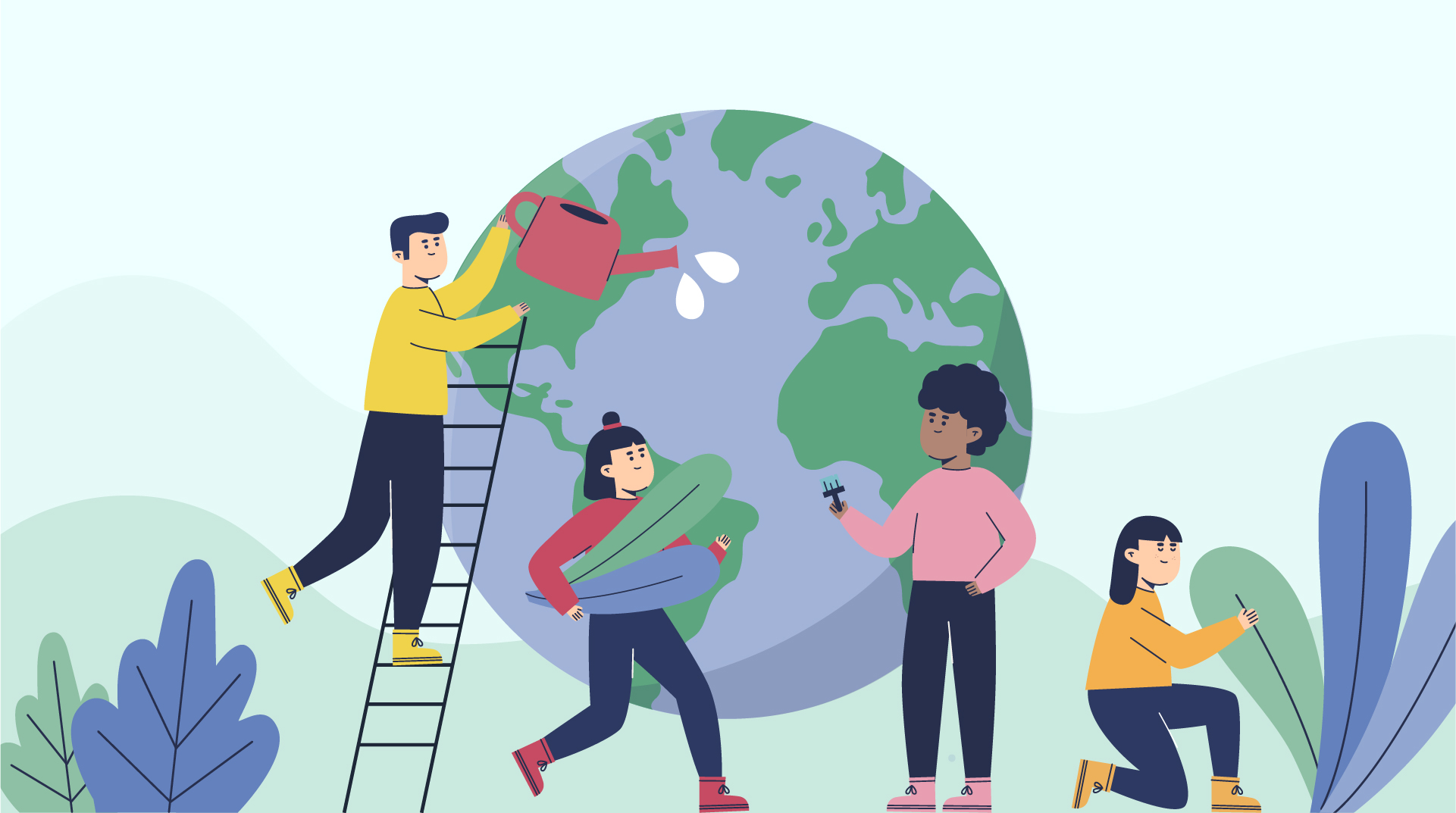Wildlife Trade Report Interview During the Pandemic
AN INTERVIEW WITH THE HEAD OF GLOBAL CAMPAIGNS AT WWF: ASLIHAN TUMER
WORDS BY NAHAL SHEIKH
Wildlife Trade Report Interview During the Pandemic
AN INTERVIEW WITH THE HEAD OF GLOBAL CAMPAIGNS AT WWF: ASLIHAN TUMER
WORDS BY NAHAL SHEIKH
After the current pandemic, COVID-19, was confirmed as a zoonotic disease – transferable from animals to humans – there came an increasing need to understand how animal rights play a role in containing future diseases.
World Wide Fund for Nature (WWF) has been working towards the closure of unregulated wildlife trade across South-East Asia. They run a campaign in Myanmar, Thailand, Vietnam, Honk Kong and Japan. The pandemic outbreak has placed immense focus on wildlife crime and the campaign.
In order to benchmark their stories and the impact they are trying to create during these turbulent times, we, as Bumbuku Creatives, reached out to WWF, and talked about what wildlife trade is, how to regulate it in a functional way, and its impact on the world, with Aslihan Tumer, the Head of Global Campaigns at WWF.

WWF has been working on the Illegal Wildlife Trade campaign for a long time but now the focus has shifted, says Tumer. This shift is towards closing illegal, unregulated, and high-risk wildlife markets. Before diving further into the campaign, it is best to understand what legal and illegal wildlife trade really is, and why over the years it has become a global threat to both animals and the world’s ecological system.
Legal wildlife trade entails “plants and animals that are caught or harvested from the wild and then legitimately sold as food, pets, ornamental plants, leather, tourist ornaments and medicine.” The problem, however, appears when illegal wildlife trade occurs. According to Tumer,
“Illegal wildlife trade is a big international organised crime and potentially impacts many vulnerable species. Some well-known examples are poaching of elephants for ivory, and tigers for skin and bones. However, countless other species are similarly overexploited, from marine turtles to timber trees.”
“Illegal wildlife trade is a big international organised crime and potentially impacts many vulnerable species. Some well-known examples are poaching of elephants for ivory, and tigers for skin and bones. However, countless other species are similarly overexploited, from marine turtles to timber trees”

In the practice of illegal wildlife trade, animals are objectified and their organs are “trafficked much similar to trafficking of drugs and arms,” says Tumer. When asked why there is such high demand for wildlife globally, she explains there are different reasons:
“For instance, many people around the world depend on hunting or on local markets trading wild animals for nutritional protein. For some communities and indigenous people this is the only way they can get protein. However, there are also other aspects of it that go beyond basic needs, mostly when these species are consumed as delicacies. [For example in some markets] the meat of pangolin and others is quite expensive; it shows status. Even tourists consume it as local delicacies in restaurants.”
“For instance, many people around the world depend on hunting or on local markets trading wild animals for nutritional protein. For some communities and indigenous people this is the only way they can get protein. However, there are also other aspects of it that go beyond basic needs, mostly when these species are consumed as delicacies. [For example in some markets] the meat of pangolin and others is quite expensive; it shows status. Even tourists consume it as local delicacies in restaurants”
When the trade goes beyond basic needs is when things become criminal. Over the last years, experts have warned the global community of how trading markets can bring about diseases but the call-to-action has been close to nothing.
“China has confirmed that the virus began in the so-called ‘wet markets’ where live and dead animals are sold. In such contexts, different foodstuffs are in close proximity and should conditions be unsanitary, cross contamination is likely. When multiple different species are in close contact with other species – for instance when they are sold together in unhygienic conditions, there is an increased chance for these diseases.”
For WWF’s campaign against illegal wildlife trade, the essential aim is to end trade of high-risk taxa from which wild animals end up in markets like those in Wuhan, China. Through this, they will be able to remove one of the primary ways in which zoonoses are transmitted.

Tumer stated that their survey on public support reveals there is over 90% support in South-East Asia and Hong Kong for governments to take action in closing down illegal and unregulated markets. This survey shows the role of governments is key in enforcing and securing necessary legislation, because wildlife crime is an organised international crime and should not be viewed as anything but this.
“So the public support is already there, now it is up for the local governments to ensure the legislation and enforcement reflects [the] public’s demands.”
“So the public support is already there, now it is up for the local governments to ensure the legislation and enforcement reflects [the] public’s demands.”
For any crisis though, aside from being in favor of governmental action, the public can always take initiative in their own way. The first action we can take is to make ourselves aware of illegal wildlife trade; and reading this article is a start. It will help us become engaged members of pressing social issues that affect not only human livelihood but the balance of nature. Alongside WWF, there are other NGOs defending animal rights. Greenpeace has recently appealed to the European Union (EU) to persuade leaders to end wildlife crime. Similarly, Wildlife Alliance operates an ‘animal police unit’ that investigates and puts an end to transnational illegal wildlife trade. The Environmental Investigation Agency runs separate campaigns targeted to different endangered animals like the elephant, tiger, and pangolin. There are many more NGOs worth exploring such as TRAFFIC, International Fund for Animal Welfare (IFAW), Conservation International, United for WildLife, and WildAid.
“We as people still need to do much more, we have to reconsider our relationship with nature.”
“We as people still need to do much more, we have to reconsider our relationship with nature.”
To learn more about how you can become part of the campaign against illegal wildlife trade, and how you can support WWF – Sign their pledge to stop wildlife crime (only for the U.S.) or donate by becoming a WWF member. For more information: Survey Results.
Want to have a cup of tea and talk about how to digitalise your story?
Want to have a cup of tea and talk about how to digitalise your story?
